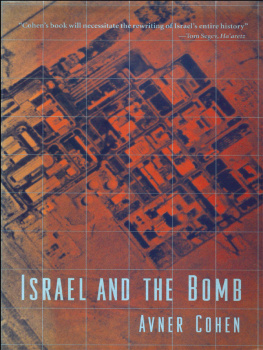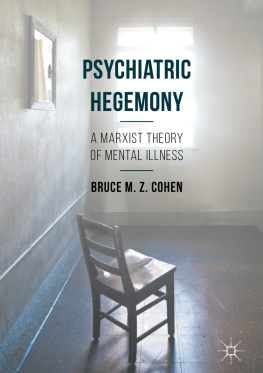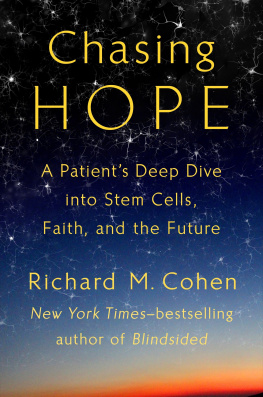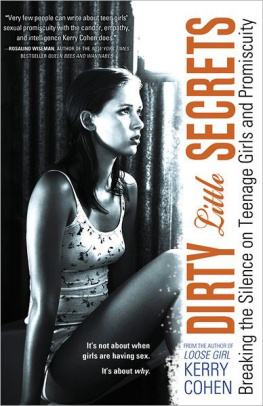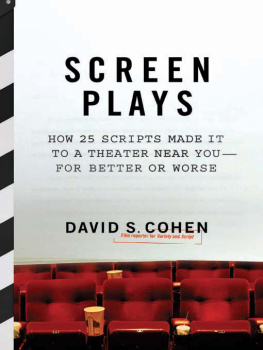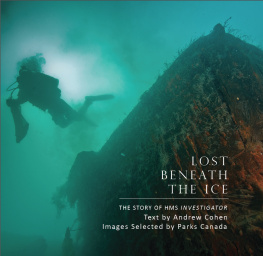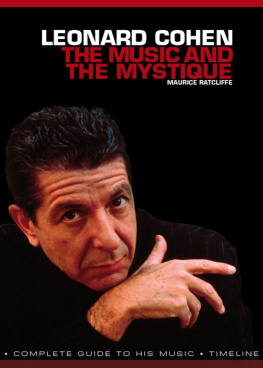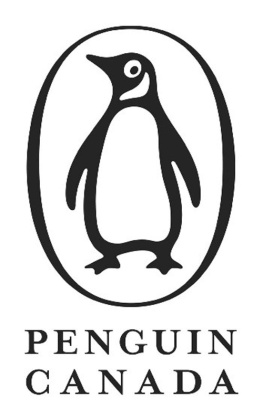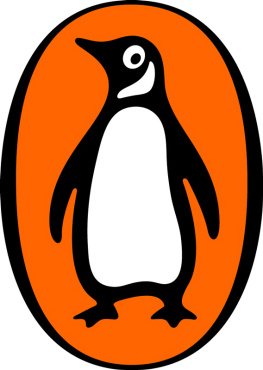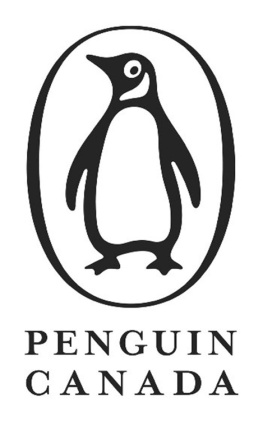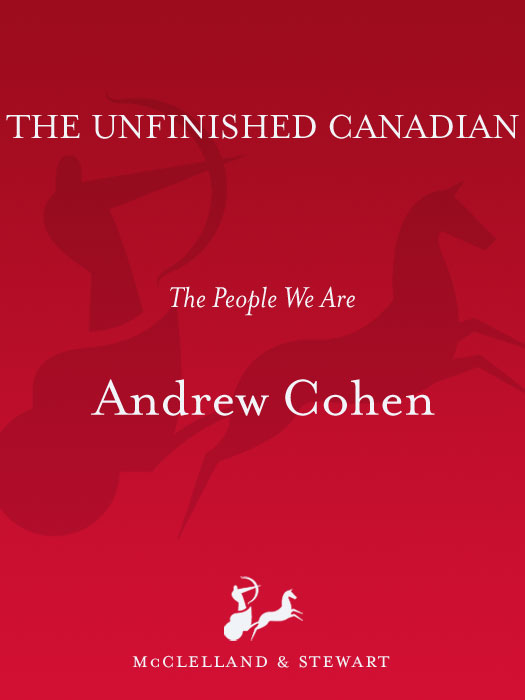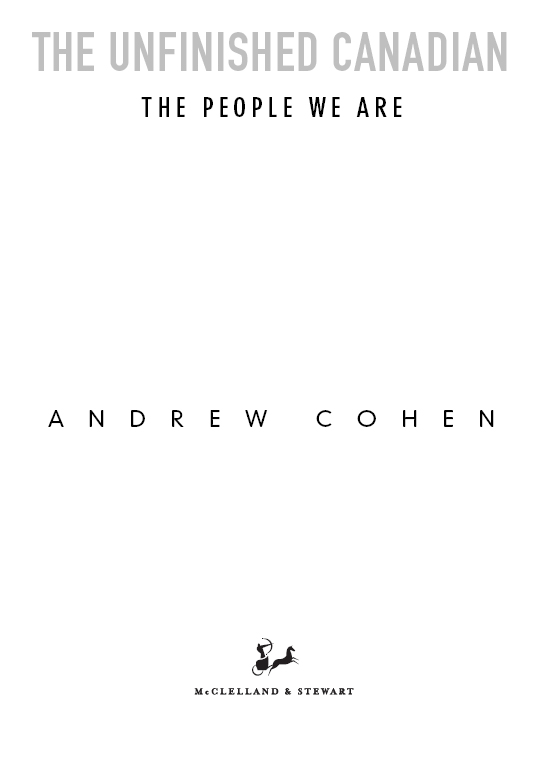CONTENTS

For my father, Edgar Horace Cohen, from whom I learned much.
Introduction

At the 2006 Winter Olympics in Turin, the Canadian womens hockey team did not lose a game. They did not defeat their opponents; they destroyed them. They beat Italy 160, Russia 120, Sweden 81. When they dispatched Finland by a score of 60, it seemed like a squeaker. But instead of bringing a chorus of congratulations from home, their string of triumphs brought hissing and hand wringing. Don Cherry, whose redneck ramblings on Hockey Night in Canada enjoy a large following, accused the team of running up the score. It is not the Canadian way. Father Raymond J. de Souza, a columnist with the National Post, said it was unsporting to win by humiliating margins and proposed abolishing womens hockey because other countries could not compete with teams like Canadas. Success had made the critics uncomfortable, suggesting that the only thing worse than losing in Canada is winning. Rather than taking pride in excellence, you see, Canadians should feel shame. Winningor winning this bigsimply isnt the Canadian Way.
Between 1924 and 1952, Canadas mens hockey teams dominated the game, too. Their reign ended when other countries iced better teams and began to beat the Canadians year after year. Instead of our falling to their level, they rose to ours. Yet in womens hockey in 2006, it was un-Canadian to do your best. Winning was like stealing third base, feeling guilty, and going back. Cassie Campbell, the gifted team captain, wondered: Why is womens hockey the only sport that gets put down for excellence? Why should we stop, and not get better? It was a distinctly Canadian question, unimaginable in other countries.
Then again, this is Canada. We always have questions about ourselves. How Canadian are you? asked the banner headline over an article on second-generation immigrants in The Globe and Mail on January 12, 2007. On almost any day, you can find articles, books, or lectures plumbing the depths of the national soul. What is a Canadian? Whither Canada? Why Canada? Whose Canada? If we are not explaining ourselves, we are excusing ourselves. These are not only fundamental questions, they are existential. Most of all, they are questions of character. They tell us what we are about.
As central Canada basked in the balmiest January in memory, the Canadian Press pondered what Canada would do if winter were a casualty of global warming. Bad enough that our northern dominion would lose polar bears, glaciers, and skiing; worse, we might lose our very identity. Perhaps that was why the prime minister created a new sub-cabinet portfolio that month called Multiculturalism and National Identity, as if he thought it necessary to put identity under ministerial protection.
Character, character. In December 2006, Stphane Dion, the new leader of the Liberal Party of Canada, was asked whether he would renounce his dual citizenship if he became prime minister. Critics wondered where Dions loyalty would liewith Canada or with France. Also in December, the seventy-fifth anniversary of the Statute of Westminster, a British law which made Canada a sovereign nation, passed unnoticed, like so many historic anniversaries. In November, Parliament declared the Qubcois a nation within Canada. It unleashed a tempest. A minister resigned, backbenchers dissented. It would be the end of Canada; it would be the renewal of Canada. The previous spring, after less than a day of debate, Parliament narrowly voted to extend Canadas military commitment in Afghanistan, Canadas first shooting war since Korea. And so it goes.
In the first decade of the twenty-first century, which no one dared claim would belong to Canada (as Sir Wilfrid Laurier famously declared in different words of the twentieth century), we could see our national character in that cascade of eventsevery day, every week, every monthas they tumbled down upon us.
Pondering ourselves is the occupational hazard of being Canadian. The Canadian Identity, as it has come to be known, is as elusive as the Sasquatch and Ogopogo. It has animatedand frustratedgenerations of statesmen, historians, writers, artists, philosophers, and the National Film Board. Still, we try. How could we assemble a collection of stories that would truly represent everything that Canada isand everyone who lives there? asked the earnest editors of Chicken Soup for the Canadian Soul. At some point it became apparent that we simply could not. Instead, they published the reflections of Canadians about themselves and called it Canada. Some are saccharine, some are deeply affecting. But ultimately their chicken soup is thin gruel; it never really hits the spot. Canada resists easy definition.
In 2000, Canadians saw themselves in The Rant, a popular beer commercial. I have a prime minister, not a president Joe Canadian fumes. I speak English and French, not American. I believe in peacekeeping, not policing; diversity, not assimilation. Well, it was a point of view, as they say, and characteristically, it was largely cast in the form of what we are not. At other times, we have seen ourselves in the novels of Margaret Atwood, Margaret Laurence, and Robertson Davies, the plays of Michel Tremblay, or the stories of Roch Carrier. Or the humour of Stephen Leacock or the history of Donald Creighton. Pierre Berton famously described the quintessential Canadian as having a capacity to make love in a canoe, proving that Canadians are both amorous and amphibious.
I suppose that a Canadian is someone who has a logical reason to think he is one, writes Mavis Gallant, the expatriate Canadian, in an introduction to a collection of her short stories in 1981. My logical reason is that I have never been anything else, nor has it occurred to me that I might be. From the beginning, we have looked for that reason, logical or visceral, so much so that we may think that we are unique in our search for ourselves. We arent alone. In recent years, China, Taiwan, Denmark, Syria, Mexico, and other nations have questioned their identity. Samuel P. Huntington, the prominent American political scientist, says the United States is now among them. America is not unique in having an identity problem, he says in Who Are We?: The Challenges to Americas National Identity. Debates over national identity are a pervasive characteristic of our time. Almost everywhere people have questioned, reconsidered, and redefined what they have in common and what distinguishes them from other people: Who are we? Where do we belong?
The Unfinished Canadian looks for the answers in our experienceour past, our politics, our practices, our leaders, our institutions. All shed light on our shadowy selves. Rudyard Griffiths, the imaginative co-founder and executive director of the Dominion Institute, which promotes the study of the history of Canada, notes that it was institutions and not the free play of ideas that Canadians came to rely upon in entrenching a common civic culture. From the exploits of the Royal Canadian Mounted Police to the driving of the Last Spike on the CPR , the countrys history is filled with larger-than-life stories of how founding institutions tamed a continent and defined Canadas national character in the process.


